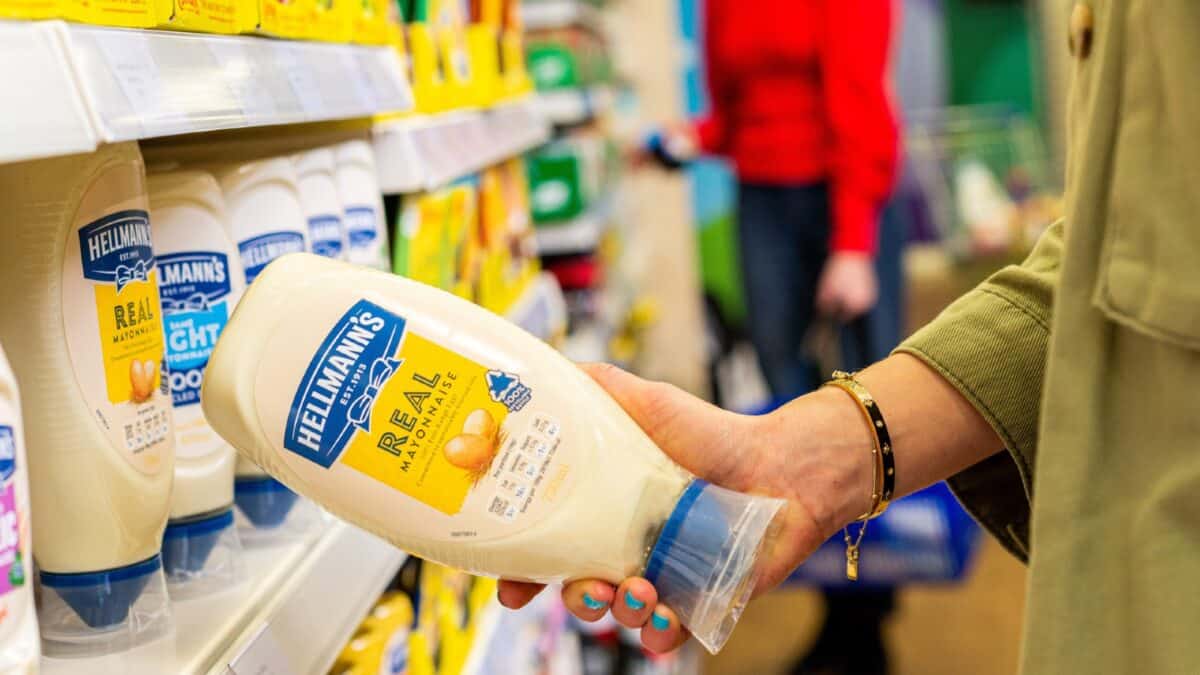In October, Walmart unnerved investors when it warned that shoppers are buying less food after taking GLP-1 weight-loss drugs like Ozempic. Millions of people are expected to start taking these medications. Could they also shrink the Tesco (LSE: TSCO) share price? Let’s discuss.
‘Miracle’ medicines
Ozempic is the brand name for the injectable diabetes drug semaglutide, which results in weight loss.
Wegovy does the same thing and both drugs are made by Danish pharmaceutical giant Novo Nordisk.
They require a prescription, as will Eli Lilly‘s Mounjaro, which is expected to receive regulatory clearance by the end of the year. This treatment has demonstrated an incredible total mean weight loss of 26.6% over 84 weeks.
What exactly did Walmart say?
As reported by Bloomberg, the CEO of Walmart’s US operations revealed that the retailer was seeing “just less units, slightly less calories” being purchased by shoppers taking these weight-loss drugs.
How did it know this? Well, Walmart has a large pharmacy business and it can tell through the prescriptions who is taking them.
Elsewhere, some New York restaurants are now offering ‘tapas’ size portions and smaller versions of popular meals in response to the reduced appetites of some customers. I’d imagine overall demand for desserts could suffer, too.
So this is not merely a theoretical issue any longer.
Slim margins
According to government figures, 63.8% of adults in England were estimated to be overweight or living with obesity in 2021/22. It’s a similar story throughout the rest of the UK.
So demand for these medications is expected to be extremely high in the coming years.
Bank of America has estimated that appetite-suppressing drugs like Ozempic can reduce a patient’s calorie intake by 15% to 20%!
Obviously this isn’t a great development for companies selling food. Especially as Tesco (like all supermarkets) already has thin profit margins. A combination of high operating costs and huge competition means it relies on big volumes for its profits.
And its volume that could be under threat here long term.
Weighing things up
Having said all that, I’m wary about making sweeping assumptions around changes to long-term food consumption. Nobody knows for sure how all this will play out.
Besides, the evidence so far is that patients generally have less cravings for certain types of food (high-fat and sugary snacks). So Tesco could adjust its product lineup, possibly altering portion sizes or ingredients.
Also, I’d note that Walmart stock has actually risen around 2% since its comments. And since Wegovy became available in the UK in September, the Tesco share price is up about 5%.
This suggests that most investors aren’t overly concerned yet.
Meanwhile, the firm has shown admirable resilience in response to inflation-hit shoppers and relentless competition from the German discounters.
In H1, group sales were up 8.9% year on year, while adjusted diluted earnings per share rose 16.8% to 12.26p. It expects retail adjusted operating profit to be between £2.6bn and £2.7bn for the full year.
In my eyes, Tesco is a company that has the size and scale to adapt to any changing consumer behaviour (if need be). So I don’t think the share price will plummet. But if it did, I’d happily snap up some shares.







